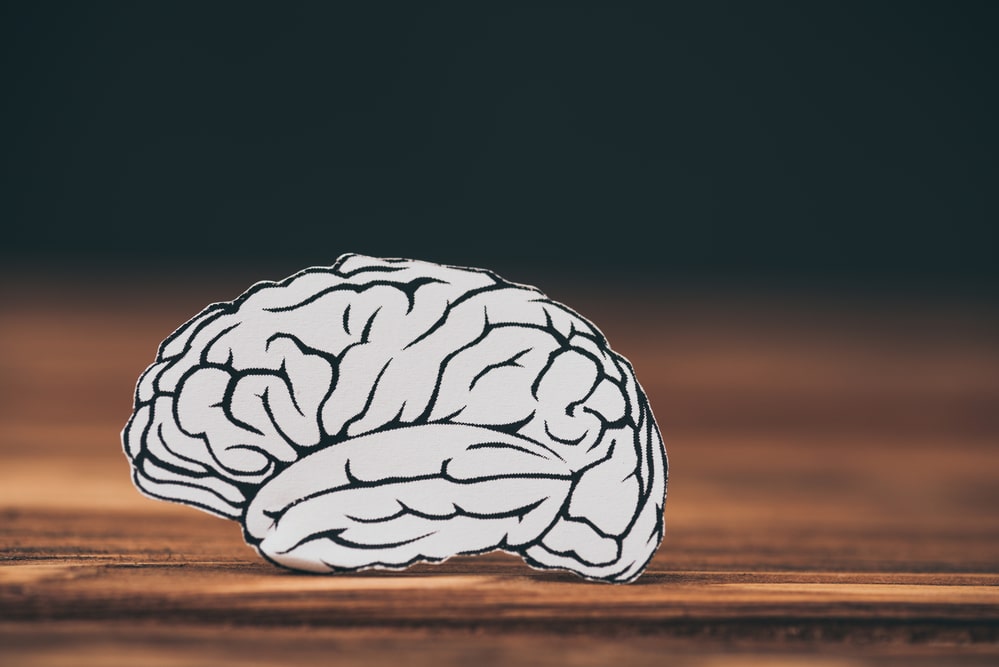What Happens in the Brain When We Learn Something New?
Learning rewires the brain, improving brain health and function and even boosting brain size. When you understand what happens in the brain when we learn something new, you can really appreciate the potential benefits of lifelong learning. Then, you can make the most of some suggestions for learning activities that might spark your interest and give your brain a boost.
Exploring What Happens When the Brain Learns
As Science News for Students explains, the brain is a complex organ with the potential for growth and change. It’s made up of several different areas and billions of cells that all work together, in ways that aren’t completely understood, to perform complicated tasks like making and retrieving memories, regulating body functions, and learning. What scientists have come to understand is that learning actually changes the brain. It can build more and stronger connections between the brain’s neurons and strengthens the myelin sheaths. Imaging tests conducted by researchers detail these changes in the brains of participants in numerous studies.
What do these physical changes mean? While scientists aren’t exactly sure, they believe it’s linked to faster, stronger, and more efficient signaling between brain cells. Think about the way a practiced skill eventually becomes second nature. Imagine that you decide you want to learn to play the piano. In the beginning, just playing a simple scale will be a challenge. With practice and perseverance, you will hardly need to think to find the correct keys. At that point, you’ll need more complex pieces of music to challenge your skills as a musician.
Cataloging the Benefits of Lifelong Learning for Seniors
Challenging your brain by learning something new offers some real advantages for seniors:
- Learning something new is fun.
- Learning is a great way to meet and socialize with other people who share your interests.
- Learning is a proven strategy for protecting your brain’s health. Some experts suggest that building a strong cognitive reserve may help prevent the slowing of cognitive function and memory that is associated with aging.
Discovering Brain-Boosting Activities
What can you do to capitalize on the benefits of lifelong learning? You don’t have to go back to school to enjoy the advantages. Anything that sparks your interest and stimulates your brain will do the trick. If you aren’t sure what you can do, consider these suggestions:
- Music: Learning how to play a musical instrument is an amazing way to build connections in the brain. There are endless possibilities, and connecting with other musicians introduces you to a huge community.
- Travel: Exploring new areas introduces new experiences, ideas, and stimuli that can spur your thoughts in new directions and open the door to new interests.
- Video games: Video games aren’t just for kids. They offer a wide array of possibilities and a chance to build perception, motor skills, and cognition.
- Creative endeavors: The arts have long been associated with opening new doors of thought and perception. Whether it’s studying art or creating it yourself, engaging with creativity can be an incredible path to learning.
- Reading: Reading is a time-tested way to explore new worlds and new ideas without ever leaving the comfort of your own home. With libraries and e-books, it’s easier and more affordable than ever to indulge in a voracious reading habit.
- Physical activity: Sports aren’t just about muscle. Athletes also use their brains to perfect their techniques. When you’re working out, think about what you’re doing, why, and where you might have room for improvement.
Learning doesn’t stop when the final school bell rings. And that’s a good thing! Because what happens in the brain when we learn something new is amazing and renewing. At Kinship Pointe, we’re happy to provide an engaging calendar of activities and events for our residents.
Hoping to retire in Nebraska? Look no further than Kinship Pointe. We offer assisted living and independent living communities in four locations: Kearney Northridge, McCook, Seward, and Wayne. At Kinship Pointe, our delightful staff works every day to help residents pursue their passions and live life to the fullest. To learn for yourself what makes Kinship Pointe so special, schedule a tour or contact us online.

